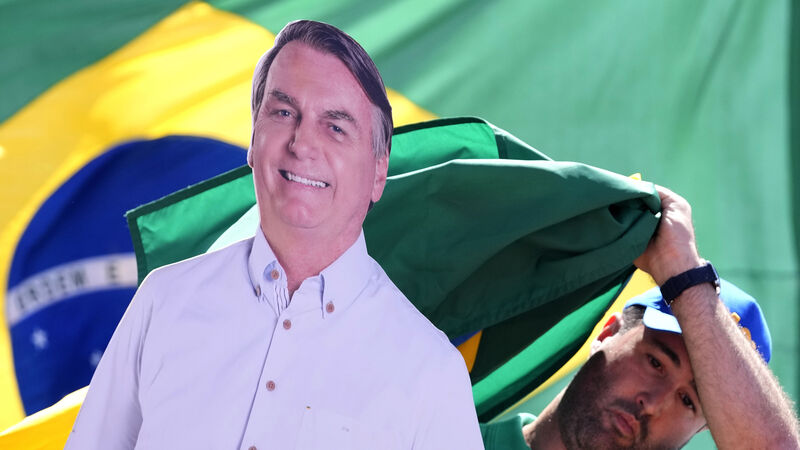Verdict and sentencing phase begins in Jair Bolsonaro coup trial in Brazil

A Brazilian court panel has opened the verdict and sentencing phase in the trial of Jair Bolsonaro on allegations that he led a conspiracy to stay in power after losing the 2022 presidential election.
The Supreme Court panel scheduled sessions on five days until September 12 to decide whether the far-right ex-president is guilty of seeking to overturn the election result in which he was narrowly defeated by Luiz Inacio Lula da Silva.











